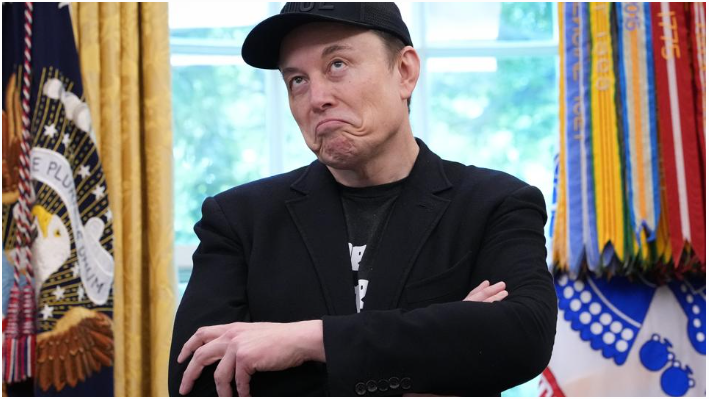
If you’re searching for how the Trump-Musk feud could be resolved or what leadership lessons can be learned from the Trump-Musk fallout, you’re not alone. The public clash between the world’s richest man and one of its most polarizing political figures has exploded into a storm of accusations, social media jabs, and personal attacks. Yet beneath the chaos lies a surprising truth: The 3 impossible leadership strategies needed for the Trump-Musk feud could resolve the situation—if either leader were willing to embrace them.
What’s Really at Stake in the Trump-Musk Showdown?
At the heart of this high-profile clash is a disagreement over legislation—specifically, Trump’s claim that Musk supported the “Big Beautiful Bill” until the EV mandate cuts. Musk fired back, denying he ever saw the bill and claiming it was rushed through Congress “in the dead of night.” From there, the feud escalated quickly, with Musk bringing up Epstein connections and suggesting Trump should be replaced by Vice President JD Vance.
While the headlines scream scandal, there’s a deeper question: What can leaders learn from this? And could the damage have been avoided with more emotionally intelligent leadership?
1. Apologize—Even If It Feels Impossible
The first leadership strategy that could end this feud is also the hardest: a genuine apology. Historically, both Trump and Musk are known for doubling down, not backing down. But admitting missteps is a sign of strength, not weakness. In fact, some of the most respected military and business leaders in history have reframed apologies as strategic pivots.
AI, interestingly, is often programmed to acknowledge mistakes and offer better alternatives. Humans—especially powerful ones—struggle with that. An apology in this feud would require humility and self-awareness, qualities both men have rarely demonstrated publicly. But without it, moving forward seems unlikely.
2. Reframe the Conversation Instead of Escalating
In the leadership classic Getting to Yes, William Ury recommends reframing the situation to seek new perspectives. That advice is sorely needed here. If Trump and Musk could reframe their disagreement as a difference in vision rather than a personal attack, they might find common ground—or at least a way to disengage with dignity.
But reframing is impossible when both sides treat the conflict as a zero-sum game. When collaboration is viewed as capitulation, no one is willing to blink. And so, the conversation remains stuck in a loop of blame, sarcasm, and ego.
3. Embrace the Concept of “Enough”
What do two of the most powerful men on the planet still want? Apparently, a little more. More control. More visibility. More validation. But the relentless pursuit of “more” is what fuels this feud. It’s a leadership trap—and one many ambitious professionals fall into.
Great leaders know that wisdom often lies in restraint. Knowing when to stop, when to walk away, and when to say, “I don’t need to win this one,” is a mark of emotional maturity. But in this case, that kind of reflection appears impossible. Until either man sees that they already are enough, the feud may keep spiraling.
The Leadership Lesson: Chaos vs. Collaboration
What makes this feud especially compelling is that both Trump and Musk are masters of using chaos as a strategy. Disruption is their brand. From politics to tech, both have used unpredictability to dominate the news cycle and rally their base. But when chaos turns inward—when it becomes personal—it stops serving a strategy and starts inflicting collateral damage.
That’s exactly what we’re witnessing: two influential leaders locked in a high-stakes, low-value battle. In any leadership conflict, the first step toward resolution is recognizing a shared goal. But with no sign that either party sees mutual benefit in reconciliation, the most effective leadership strategies will remain unused—and impossible.
Final Thoughts: Who Really Wins?
The Trump-Musk feud might be entertaining to watch, but for leaders at every level, it’s a cautionary tale. Conflict is inevitable. But whether it becomes destructive or transformative depends on how you handle it. Apologizing, reframing, and recognizing what’s enough may sound simple—but in practice, they’re incredibly difficult.
Still, those three leadership tools remain the path out of this public mess—if either party chooses to use them.
What’s your take on this leadership standoff? Drop a comment, share your thoughts, or explore more leadership insights on our blog.
